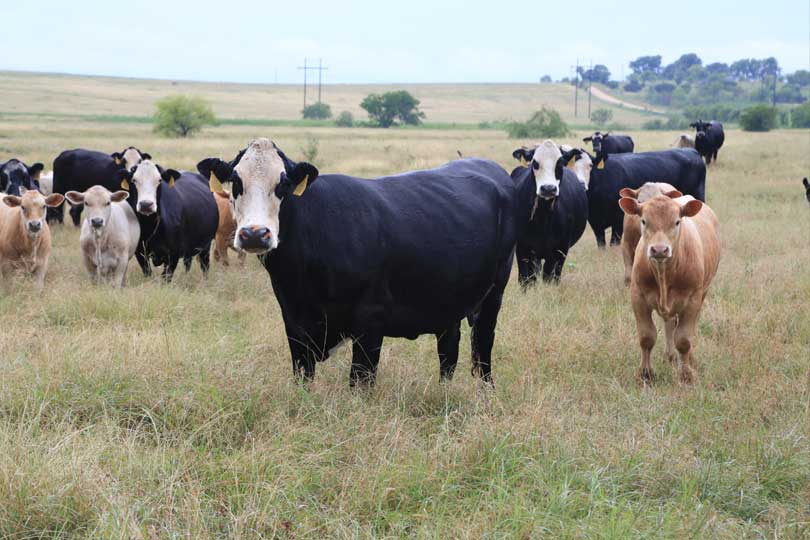By Jessica Domel
Multimedia Editor
The American beef industry will have to wait a few more months for relief from Japan’s newly-raised 50 percent tariff on frozen beef imported into the country.
Earlier this week, Japanese Finance Minister Taro Aso told Reuters officials from his country will discuss the increased tax on frozen beef during bilateral economic talks later this year.
“I’m aware of the U.S. agriculture secretary’s concern,” Aso said. “This measure would be abolished if the TPP [Trans-Pacific Partnership] were implemented, but it remains because the U.S. withdrew from TPP.”
The Trans-Pacific Partnership is an 11-country trade deal between nations along the Pacific Rim. The United States was involved in the trade agreement until Jan. 30, 2017 when President Donald Trump officially withdrew the country from TPP talks.
Last week, Japan announced the 11.5 percent increase in tariffs on frozen American beef , citing a safeguard rule that allows them to increase taxes once a certain import threshold has been met. The safeguard was reportedly designed to protect Japanese ranchers.
Frozen beef from countries without a bilateral free trade deal with Japan, including the U.S., Canada and New Zealand, now face the 50 percent tariff, which went into effect Aug. 1.
Australia and the U.S. are the largest exporters of frozen beef to Japan, but Australia will not see a tariff increase due to an existing trade deal with the country.
Australia supplies about 55 percent of Japan’s frozen beef, while the U.S. supplies about 35 percent.
Frozen beef in Japan is used in popular beef bowls at fast food restaurants.
According to Japanese officials, 89,253 metric tons of frozen beef have been imported to Japan since April. That’s up 17.1 percent.
Aso told reporters Tuesday there’s room for consideration and officials are likely to discuss these issues at a later date.
Following the announcement last week, American beef organizations voiced concerns with the effect the increased taxes could have on beef trade, especially since Australian beef without the higher tariff may become cheaper in Japan than U.S. frozen beef.
That could impede U.S. beef sales and increase the U.S.’ overall trade deficit with Japan, according to U.S. Secretary of Agriculture Sonny Perdue, who said he is also concerned with the increased tariff.
American chilled beef is not impacted by the increased tariff. It remains taxed at 38.5 percent.
The increased tariff on frozen beef will remain in effect until the end of the Japanese fiscal year March 31, 2018.

